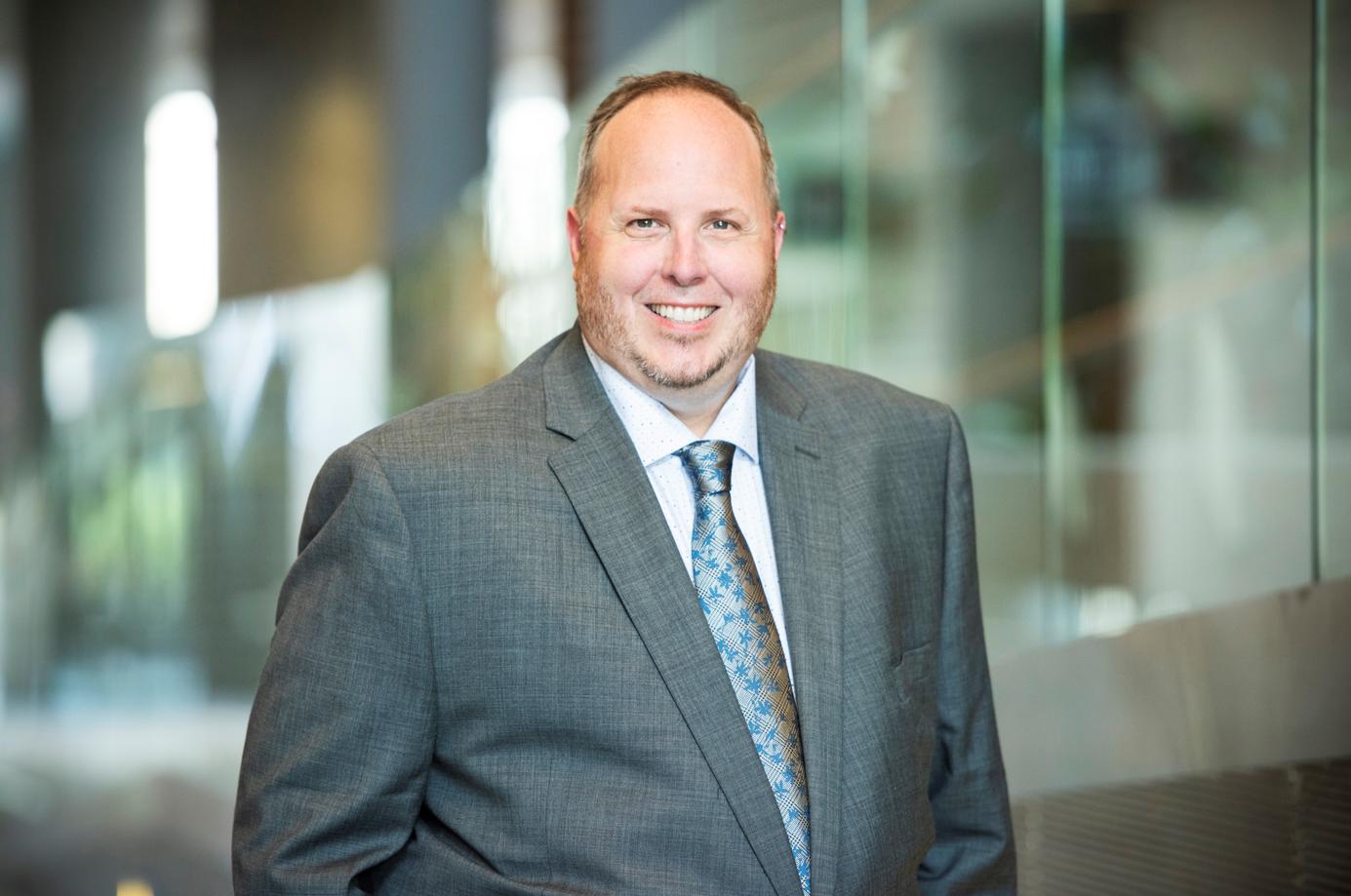What region are you from within the Canadian Francophonie?
I was born and raised in Sudbury, in a loving and attentive family. Early on, I knew that I was different from the other children in my neighbourhood. Every summer, we would travel by train or car to St-François-de-Madawaska, my dad’s hometown in New Brunswick’s Brayon community. My mother’s family left her hometown of Maniwaki, Québec, and settled down in Sudbury in the 1930s.
It’s only when I attended Laurentian University to complete a Bachelor of Science (biology) that I learned what being “Franco-Ontarian” meant. My identity grew richer as I read the works of Gaëtan Gervais, visited the Centre de folklore franco-ontarien, listened to CANO, a folk-rock group from Sudbury, and took part in productions at the Théâtre du Nouvel-Ontario. I believe that my interests were pushing me toward supporting burgeoning Franco-Canadian communities.
In your opinion, what is the current state of Francophonie in Ontario?
Thanks to their demands to various government levels, the Franco-Ontarian community has made great strides in gaining recognition over the past few decades. The founding of French-language school boards and community colleges, the “SOS Montfort” movement, and the enactment of the French Language Services Act in Ontario are all good examples of this.
In recent years, some government decisions have been poorly received, especially the change in the French Language Services Commissioner’s status in Ontario. I think the Franco-Ontarian community would greatly benefit from having a common voice in their efforts to support projects that mobilize their driving forces toward a more generous vision of our future.
What key projects would improve the state of the Francophonie over the next few years?
We must pay close attention to our Francophone and Francophile students within our university, their needs, and professional aspirations. We must meet these needs and exceed their expectations. The University’s Action Plan for the Francophonie has outlined our main directions and ambitions for the upcoming years. There is still so much to do, particularly in strengthening the presence and influence of the Francophonie on campus. Making sure to communicate the University of Ottawa’s Francophone and bilingual mission efficiently will be my daily concern. As for beyond our campus, we need to establish partnerships with other Francophone and bilingual post-secondary institutions throughout Canada and internationally.
The University of Ottawa’s French-language programs, both undergraduate and graduate, are an incredible asset. This wealth of resources should support several Francophone communities in their quest for greater access to diversified and quality post-secondary education and high-calibre research. In particular, this will involve efforts in improving federal government funding for minority educational institutions because of our shared obligations toward official language communities and the Francophonie in particular.
What are the University of Ottawa’s strengths in leading the Francophonie’s development in Ontario and Canada?
I look forward to meeting with members of the academic community who support the development of the Francophonie, our highly committed faculty, administrative staff, and student community. We recognize our researchers’ expertise in all areas of the Francophonie, including social sciences, health, language rights, science, and entrepreneurship; this will be a valuable asset. One of Canada’s largest universities, the University of Ottawa, has the mandate to provide training and research in both official languages, which gives it a special responsibility in the educational development of Francophone communities across the country. It must collaborate with other Canadian and international Francophone and bilingual institutions.
The decision to create a team dedicated to the Francophonie will allow the University of Ottawa to continue building on the progress made and open new horizons. My goal is to ensure that the University of Ottawa embraces its role as a leader in the Francophonie, along with all Francophones and Francophiles in our community.
